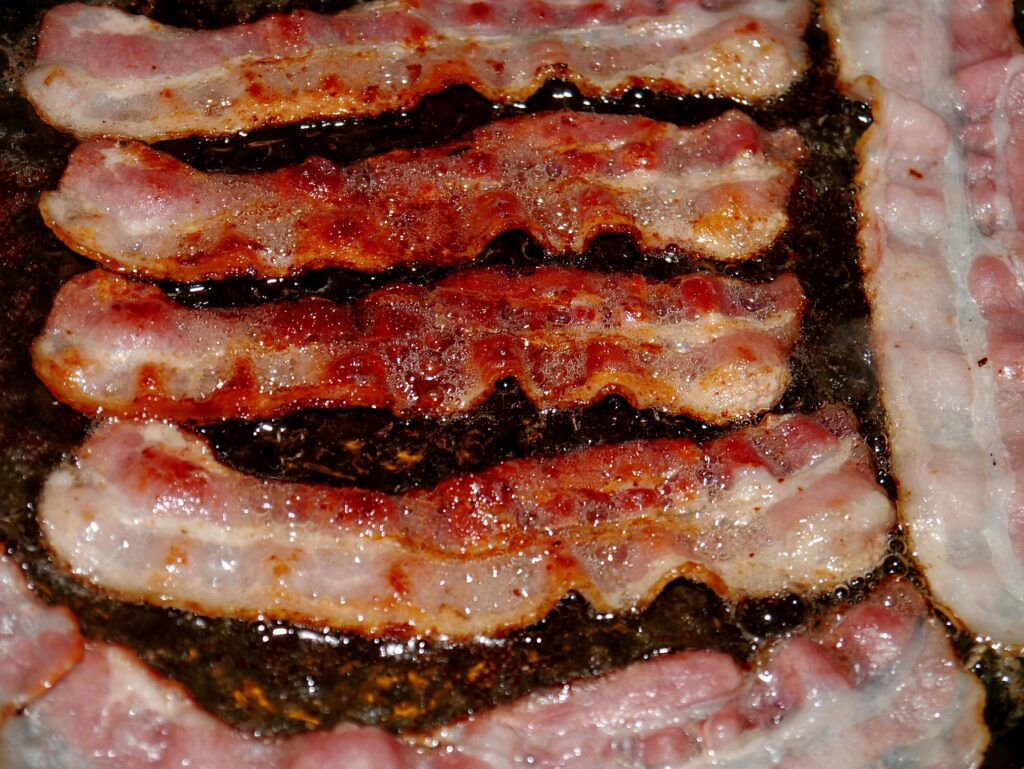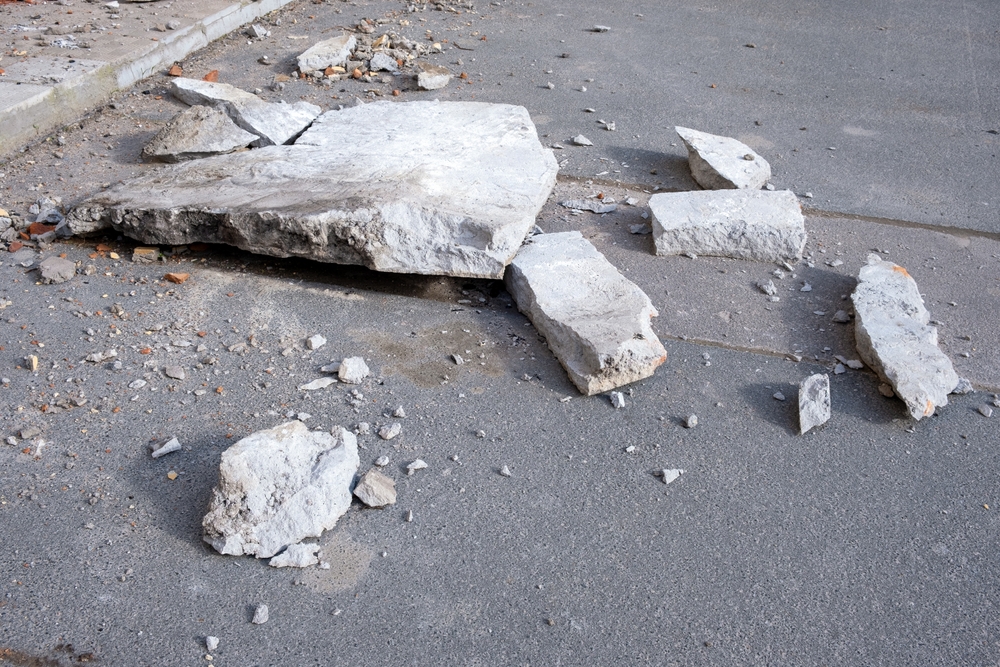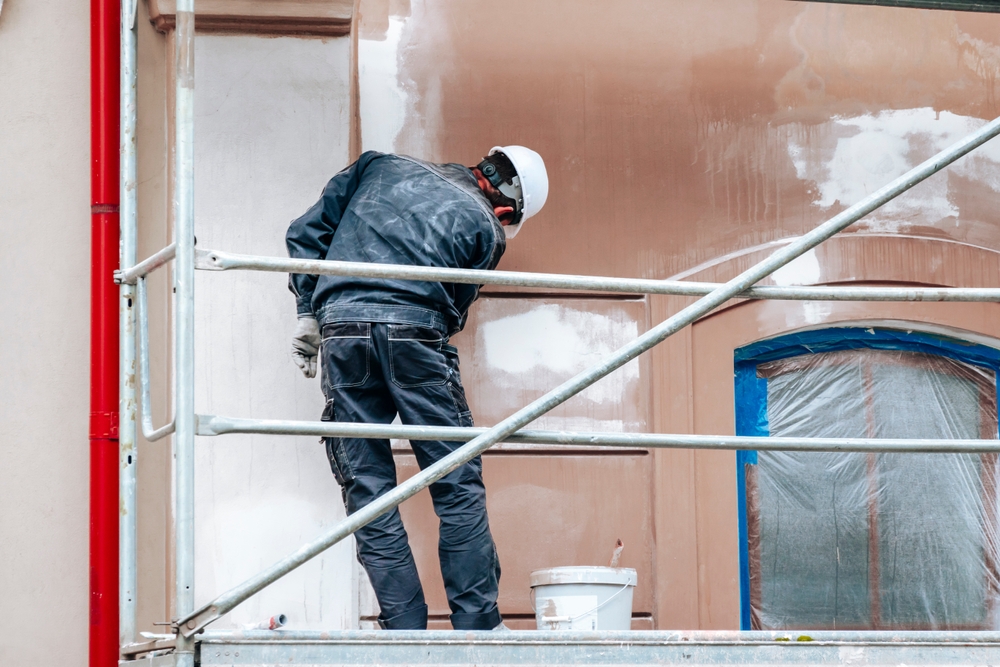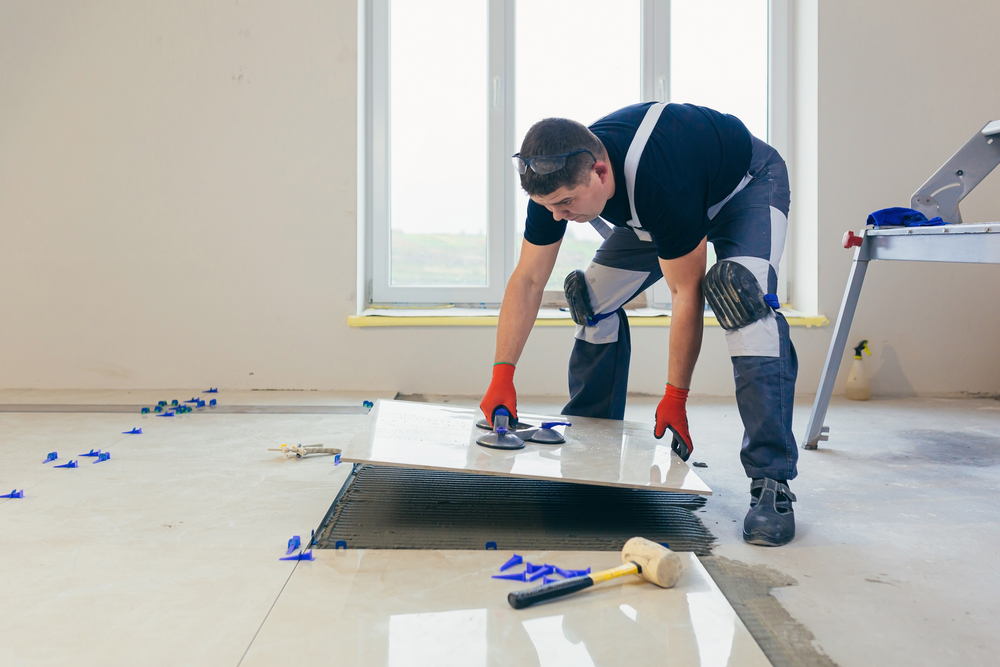February 22, 2024 - Benjamin Ehinger
How to Dispose of Bacon Grease: Safe & Eco-Friendly Methods
CALL NOW 844-762-8449
Disposing of bacon grease properly is not only essential for maintaining a clean kitchen, but also for protecting your plumbing and the environment. Bacon fat, when cooled, solidifies, which can lead to clogged pipes and costly repairs if poured down the drain. Moreover, improper disposal can attract pests and create unpleasant odors. Understanding the nature of bacon grease and the problems associated with improper disposal can guide you in managing this common kitchen byproduct responsibly.
There are several effective methods for disposing of bacon grease that can also benefit your cooking routine. While the easiest option might seem to be pouring it into the trash, this can be messy without the proper approach. Alternatively, the grease can be saved and reused to add flavor to future dishes, or even repurposed for non-culinary uses. Whatever method you choose, it’s crucial to consider the impact on your immediate environment and the broader ecological system.
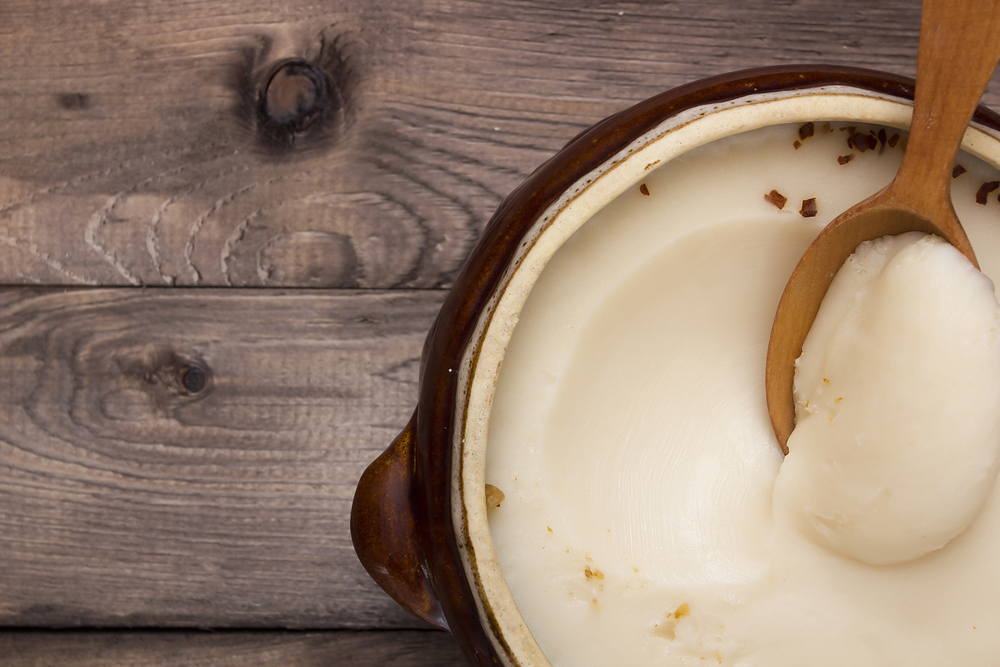 Properly disposing of bacon grease is crucial to avoid plumbing issues and adhere to environmental standards. Below are effective methods to safely manage bacon grease after cooking.
Properly disposing of bacon grease is crucial to avoid plumbing issues and adhere to environmental standards. Below are effective methods to safely manage bacon grease after cooking.
Key Takeaways
- Proper disposal of bacon grease is crucial for avoiding plumbing issues and maintaining kitchen hygiene.
- Bacon grease can be repurposed for cooking or other uses if stored correctly.
- Always consider the environmental impact when choosing a disposal method.
Understanding Bacon Grease
Bacon grease is a byproduct of cooking bacon and requires careful disposal due to its properties and potential environmental impact.Properties of Bacon Grease
Bacon grease is essentially the fat that renders out of bacon when it is cooked. It’s semi-solid at room temperature and liquid when heated. Bacon grease has a distinctive flavor and aroma, which can be desirable in some recipes. It also has a relatively low smoke point, which makes it less ideal for high-temperature cooking compared to other fats like canola or vegetable oil.Reasons for Proper Disposal
Proper disposal of bacon grease is critical because it can solidify and clog your plumbing and municipal sewer systems. It’s also an environmental hazard; when disposed of improperly, bacon grease can cause damage to waterways and wildlife. Ensuring you dispose of bacon grease correctly is a simple yet important step in maintaining both your home and the environment.Methods of Disposal
 Properly disposing of bacon grease is crucial to avoid plumbing issues and adhere to environmental standards. Below are effective methods to safely manage bacon grease after cooking.
Properly disposing of bacon grease is crucial to avoid plumbing issues and adhere to environmental standards. Below are effective methods to safely manage bacon grease after cooking.
Cooling and Storing
After cooking, allow your bacon grease to cool to room temperature. This makes handling safer and prevents burns. Transfer the cooled grease into an airtight container for temporary storage. Consider using old jars or tins that are designated for grease collection.Solidifying and Throwing Away
For disposal, wait until the bacon grease solidifies in the container. Once hardened, it can be thrown away in the trash. To expedite solidification, you can place the grease in the refrigerator or mix it with absorbent materials like sawdust or cat litter.Repurposing Bacon Grease
Bacon grease can be repurposed for various cooking applications. Strain it to remove food particles, then store it in a sealed container in the refrigerator. Use it for frying or seasoning cast iron cookware to enhance the flavor of your dishes.Frequently Asked Questions
When discarding bacon grease, it’s crucial to do so properly to avoid plumbing issues and environmental damage. Here you’ll find straightforward answers to common questions about bacon grease disposal.What is the proper way to discard bacon grease at home?
After cooking, allow the bacon grease to cool and solidify. Once solid, scrape the grease into a sealable container and dispose of it in the trash. This method helps to prevent drain clogs and plumbing problems. Learn more about disposing of bacon grease in the trash at wikiHow.Is it safe to pour bacon grease down the kitchen sink?
No, pouring bacon grease down the kitchen sink can lead to clogged pipes and sewer backups. Solidified grease adheres to pipes, creating blockages over time. For more detailed explanations on why this is harmful, see Bob Vila’s advice.What can you do with bacon grease after cooking?
You can reuse bacon grease in cooking as a flavorful fat substitute for oils or butter. Strain it through a fine mesh to remove food particles, and store it in the refrigerator. Reusing bacon grease can add a savory taste to various dishes. For storage tips, visit Allrecipes.Are there environmentally friendly methods to get rid of bacon grease?
Yes, you can mix bacon grease with birdseed to make suet cakes for bird feeders, which is an eco-friendly disposal method. This repurposes the grease without harming the environment. To understand the impact of improper disposal and eco-friendly alternatives, refer to Eco-Tips.How can one neutralize bacon grease for disposal?
To neutralize bacon grease, combine it with an absorbent material like sawdust or cat litter. This mixture can then be safely tossed in the trash. Neutralization helps reduce leakage and odor when disposing of grease in the garbage.Is it acceptable to dispose of bacon grease outdoors?
Disposing of bacon grease outdoors is not advisable as it can attract pests and harm animals and plants. Proper disposal in the trash is the best practice to avoid environmental harm. For more information on environmental issues related to improper bacon grease disposal, refer to Shapiro Environmental.RECENT BLOGS
Our Reviews
Glenda Lanier Prowell
1721758635
I have ordered an 11 yard dumpster to be delivered to my house.Lonier was extremely helpful and answered all my questions. The rate was very reasonable.
Cedric Smikle
1721660395
Amber was extremely professional and courteous. She answered all of my questions and even some that I didn’t know I needed to ask.
Cait Kaider
1721243051
I highly recommend Waste Removal USA for their responsiveness and how the staff work hard to provide exceptional customer service. They have done well by us and our clients. Thank you!
Easom Family
1721223306
Louiner Pierre-Louis Is awesome! Did a great job. Will definitely be using this same company for all my dumpster needs because of his awesome customer service! Thank you!!!
tabitha Vazquez
1720539988
Wonderful and fast customer service!
LATEST BLOGS

